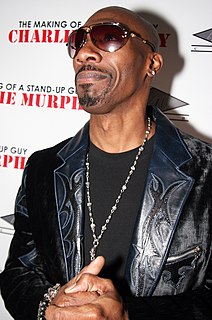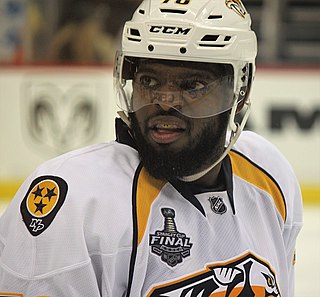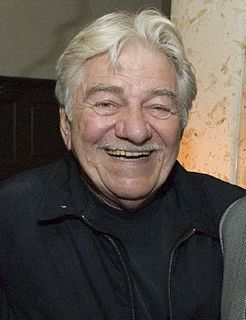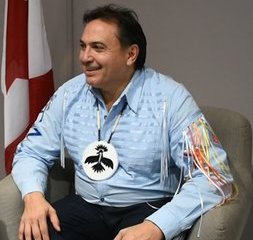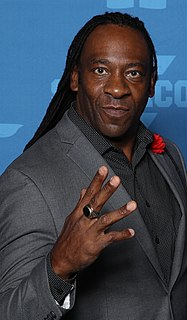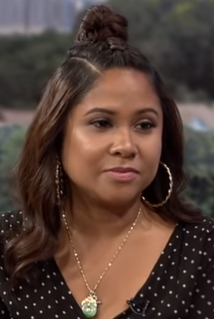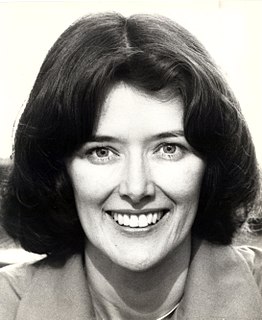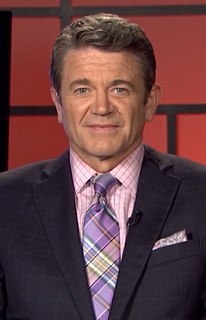A Quote by Charlie Murphy
There's a lot of racism when I was in the Navy, and I had to deal with that.
Related Quotes
We always talk about how, obviously, there is still very in-your-face aggressive racism. But there's a lot of passive racism that, in the moment, you don't even realize is racist. You chalk it up as a strange interaction you had, and then you look at the context of it later on and realize the root of it was racism.
I was influenced by many, many different people in my student years, and I was always, I guess, immersed in a Navy environment, and so, obviously, that had a big impact when I decided what I wanted to do was go and be a Navy pilot. I was very familiar with the Navy community and felt very comfortable with it.
I think [Iranian deal] was the worst deal I've ever seen negotiated. The deal that was made by the [Barack] Obama administration. I think it's a shame that we've had a deal like that and that we had to sign a deal like that and there was no reason to do it and if you're going to do it, have a good deal.
